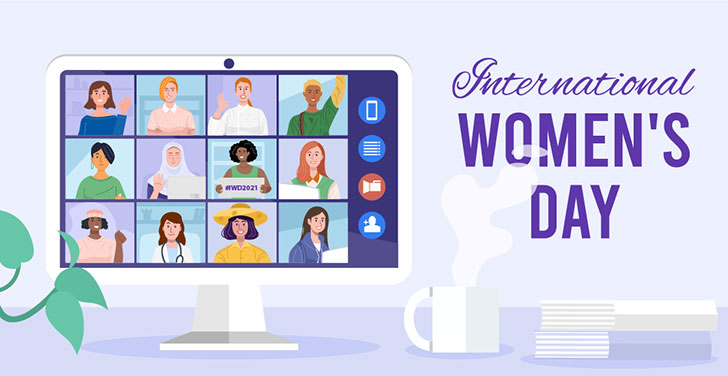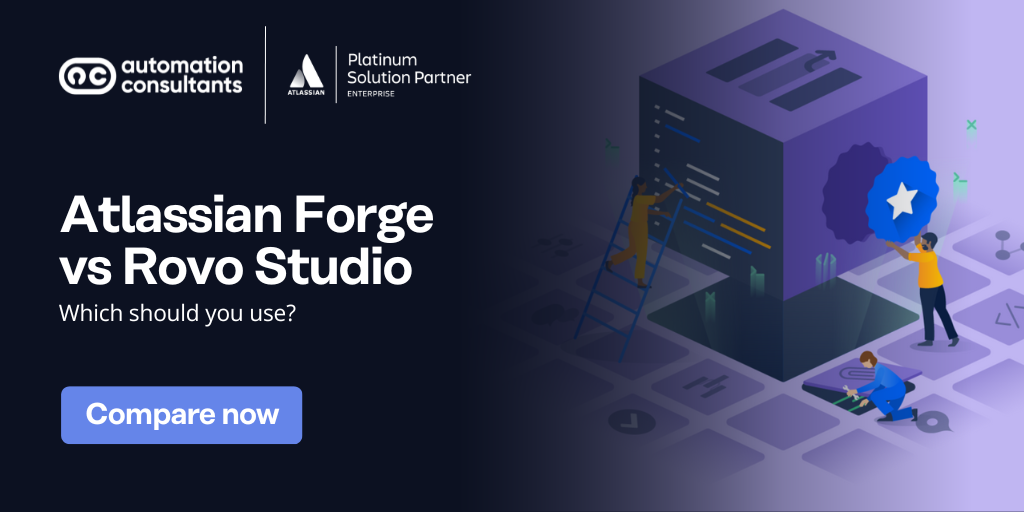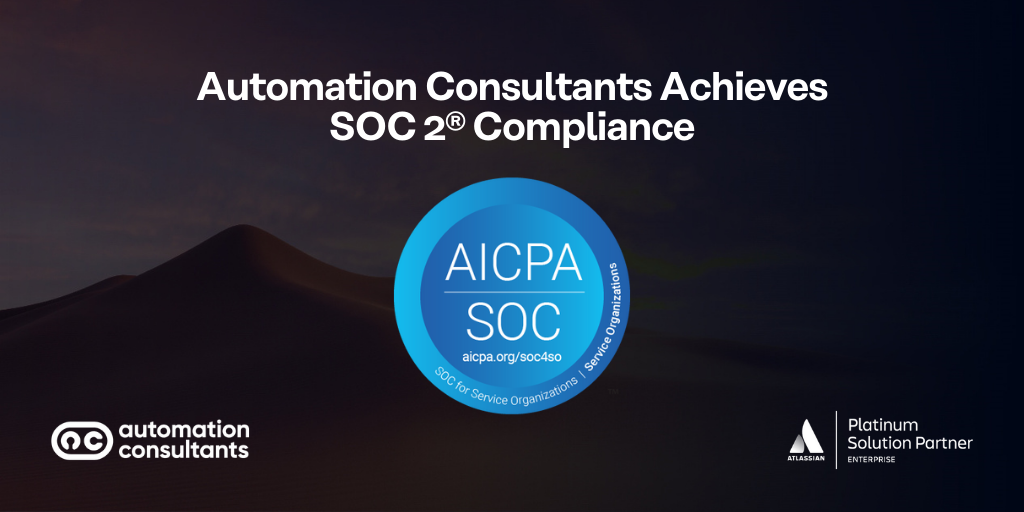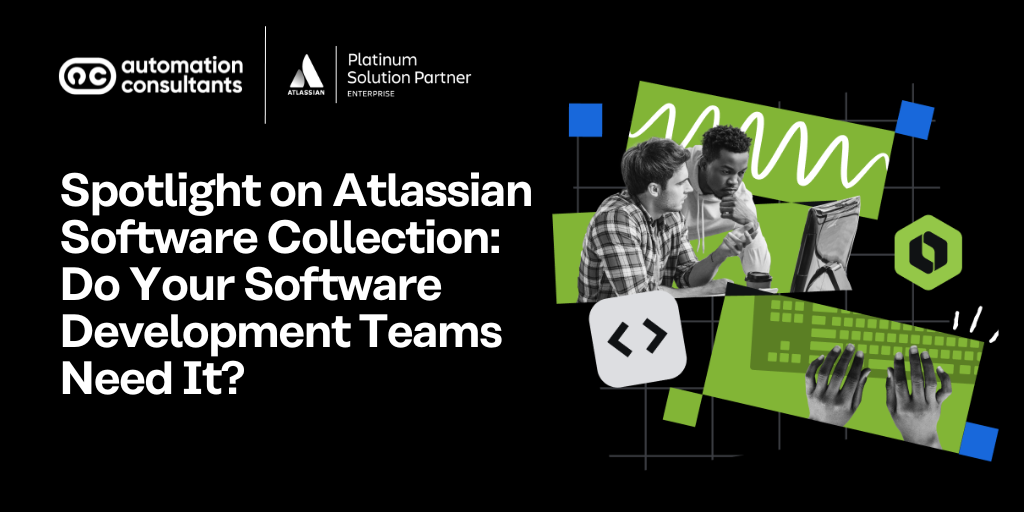International Women’s Day 2021 centres around the slogan #ChooseToChallenge: ‘A challenged world is an alert world and from challenge comes change. So, let us all choose to challenge’. In other words, we need to celebrate women’s achievements, raise awareness against bias, and take action for equality – especially when it comes to women in tech. So, why aren’t there more women in tech in the UK?
Did you know, women are pivotal in founding the world of tech?
It may come as a surprise given the stats we see today, but computing was traditionally seen as a female activity. Ada Lovelace, for example, was the first to have published an algorithm to allow a machine to move beyond pure calculation. As such, she became the first computer programmer ever and a deserving icon of the women in tech scene.
What’s more, Caroline Perez, author of Invisible Women: Exposing Data Bias in a World Designed for Men, highlights that even in the 1940s and 50s, women remained the dominant sex in programming. Six women, for example, programmed the ENIAC, the world’s first fully functional digital computer. Additionally, as late as 1968, Cosmopolitan magazine published ‘The Computer Girls’ to encourage women to get into programming. Thankfully, the hiring push was working!
So where did all the women go?
So, why aren’t there more women in tech? In a matter of a decade, programming and technology roles suddenly became the domain of men. Analysing the reasons for this, Perez highlights that employers began to realise that programming was not the low-skilled clerical job they had once thought. Programming required advanced problem-solving skills.
Unfortunately, HR subsequently developed hiring tools to fill these job vacancies that were an advantage to men. These tools tested subjects that men typically learnt more about at school and considered how well networked an individual was, for example, limiting the number of women in the tech industry hired for such roles.
Nowadays, due to multiple inhibiting factors, women make up just 17% of IT specialists in the UK. Beyond discrimination and bias in the industry, reasons cited for this by Forbes.com include the gender confidence gap, imposter syndrome, a lack of strong role models, fewer mentors and a lower number of career champions.
Inspirational Women in Technology
Here at Automation Consultants (AC), we are fortunate to have women in the tech industry who should be an inspiration to young girls everywhere. To celebrate International Women’s Day 2021, we spoke to them about how they have battled these issues and advice they would give to an upcoming generation of women looking to get into tech. Find out more about what they had to say in our ‘women in tech’ interviews below.
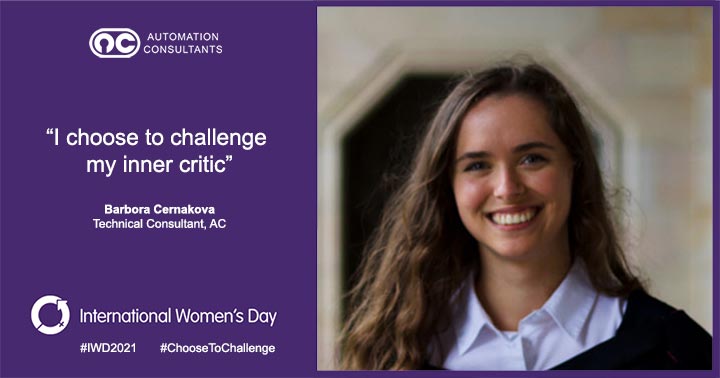
Barbora Cernakova, Technical Consultant at Automation Consultants
After graduating from the University of St Andrews with an MSc in Mathematics, Barbora Cernakova was not entirely sure what career to pursue. After a chance meeting with AC’s HR Executive at a careers fair, she admired the commitment our HR department displayed to hiring her. Convinced by the variety of work she could get stuck into, Barbora gleefully accepted an offer to work for AC. Barbora has now worked at AC for over two and a half years.
When asked what she would #ChooseToChallenge for Women in Tech this International Women’s Day, Barbora urged women everywhere to challenge their inner critic. “When I first started at AC, I worried about breaking programs or doing the wrong thing – I was scared to volunteer myself forward for projects. However, looking back, I should have more self-belief. Everybody messes up every now and again, but these issues are always fixable”.
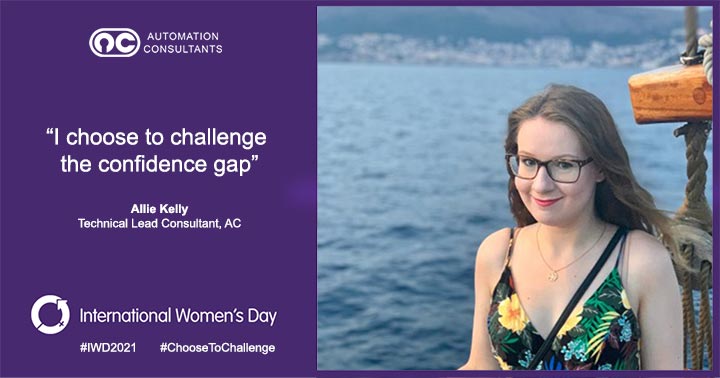
Allie Kelly, Technical Lead Consultant at Automation Consultants
Graduating from the University of Warwick with an MMathPhys in Mathematics and Physics, Allie completed her dissertation on computational particle physics. That summer, she joined Automation Consultants and has now worked with us for just under five years. Recently, AC promoted Allie to Technical Lead Consultant.
Speaking about the battles she has faced, Allie highlights that she would #ChooseToChallenge the confidence gap. This is the idea that part of the reason for the pay gap in technology is down to the fact women lack the confidence to speak up and seek acknowledgement despite being deserving of it.
“The problem is that I think a lot of people start off lacking confidence in a new role,” Allie reasons. “However, after a few years, you need to make sure you recognise your own achievements. Make a list of them and learn to appreciate them. Just because you are not an expert on a topic, that does not mean you do not have anything meaningful to add.”
Regarding advice for an upcoming generation of women, Allie stresses you should “make contributions to meetings and volunteer yourself forward, regardless of whether you’re an expert. Not only does this ensure you are noticed in the workplace, but it also means you get to try new things and learn more.” She continues: “It’s ok to make mistakes so long as you learn from them.” Ultimately, Allie pinpoints the crux of the problem: “my male colleagues do not know more than me, there is not a knowledge gap. It is an issue of confidence and demonstrating these skills. That is what we, as women, need to work on.”
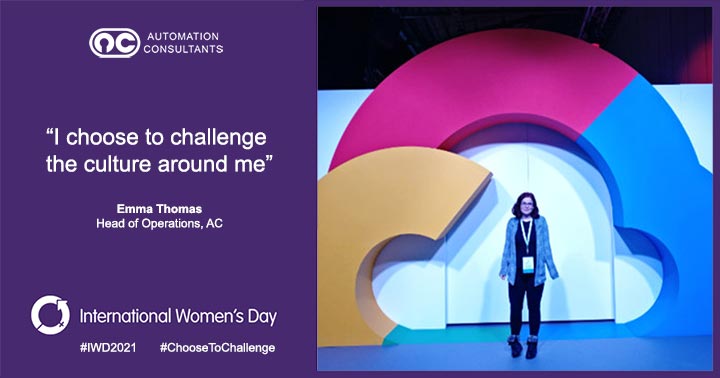
Emma Thomas, Head of Operations at Automation Consultants
After three years at the University of Bath, Emma Thomas graduated with a degree in Computer Science and Mathematics. Developing multiple language skills along the way, she started as a Graduate Technical Consultant at AC. With a strong technical ability and a passion for problem-solving, Emma became Head of Operations in 2018.
Emma is fiercely committed to welcoming more women into the world of tech and is cautious of the issues individuals may face trying to stay in the industry. Talking about the culture of the tech industry, Emma believes “women are sometimes perceived as too emotional because we often feel we can’t speak up in a given situation. Instead, we may bottle up our feelings. Eventually, the issues become too much and so a little thing can then spark what seems like an overreaction.” To prevent this happening, Emma encourages “women to speak out as soon as problems occur”. She stresses you should “stand up and say something when you see something that doesn’t seem right to you!”
Emma would also like to see women getting involved in STEM activities at an earlier age and believes in the importance of having strong role models to look up to. As such, if you would like to talk to her further, she would be happy to answer any questions you have about women in tech over on LinkedIn.
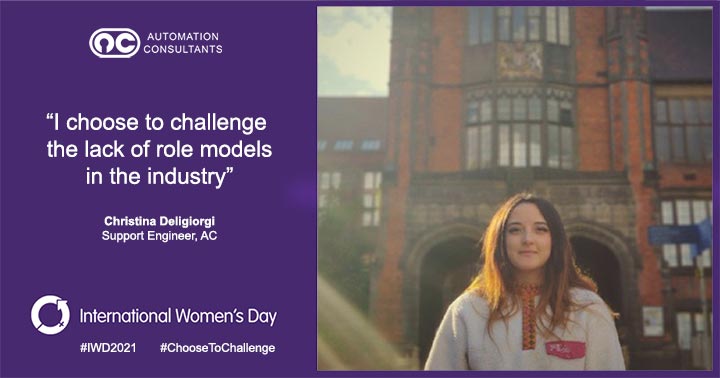
Christina Deligiorgi, Support Engineer at Automation Consultants
Born in Greece, Christina graduated from the University of Athens History and Philosophy of Sciences department. Following her passion, she moved to the UK to pursue an MSc in Computer Science at Newcastle University and became interested in Atlassian products. Acknowledging Automation Consultants status as an Atlassian Platinum Partner Solution, she applied to AC and successfully joined the company in September 2020, amid the COVID pandemic.
Echoing what other women at AC emphasised, Christina re-iterates the need for individuals to speak up and have self-confidence. “Something I noticed during my master’s is that even at University, women were scared to raise their hands in a lecture, whether that be to ask a question or answer one. I think this has translated to the workplace too.”
Speaking on how to tackle this issue, Christina recommends women engage with societies and communities available in the industry. “There are a lot of pages on LinkedIn and Facebook targeting #WomenInTech and they are such a safe space to build your confidence. Overall, there is a lack of female role models in the tech world – you always hear about Steve Jobs, Mark Zuckerberg, Jeff Bezos etc. and being in these groups reminds you that women do have a place in the industry. You can also find out about different competitions and I recommend entering these as it’s great to see so many inspirational women coding around you.”
So, what next?
Charlotte Flowerdew, Human Resources Executive at Automation Consultants, reminds any prospective candidate applying to a role in technology that you should #ChooseToChallenge your bias.
Do not assume you should not apply to a technology role because you do not hit all of the required factors. If you think you have the skills and qualities necessary to excel, have faith and apply. At AC, we welcome and encourage applications from all backgrounds and know many tech companies do the same.
If you are looking to join some inspirational groups that Christina mentioned, take a look at Tech Savvy Women, International Women in Tech or Women in Technology International. Equally, there are several events and women in tech conferences running throughout the year. You can find out more about these through one of the several Women in Technology websites online.
Ultimately, although we still have a long way to go in achieving equality in the tech industry, with every article highlighting the problems and publicising the amazing women working hard behind the scenes, we can hope to move forward. Happy International Women’s Day 2021 – now, go out there and get applying!

